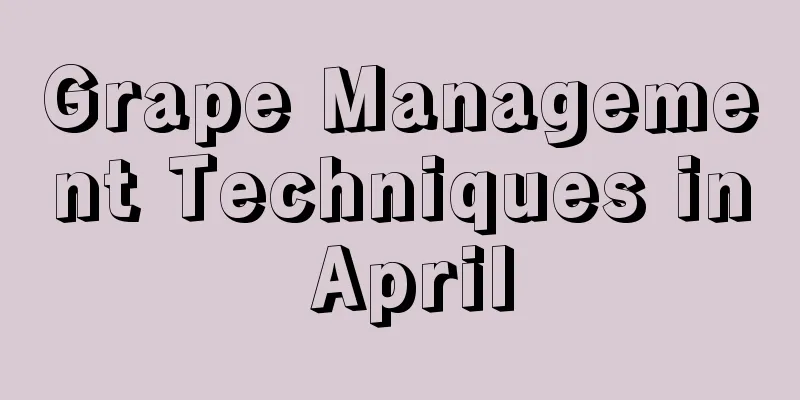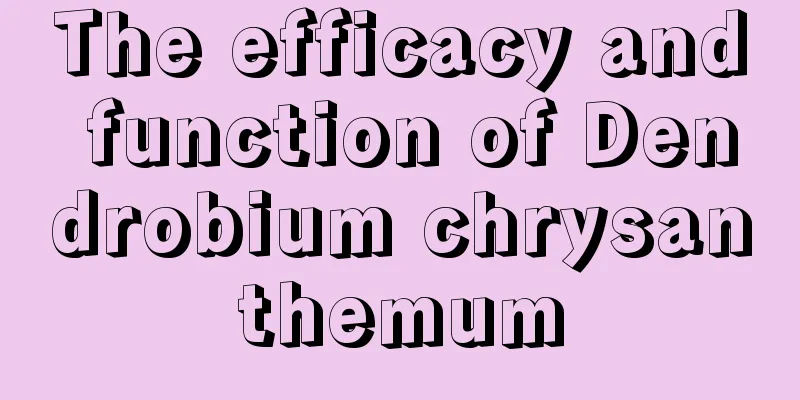Grape Management Techniques in April

|
Now it is the rainy month of April, around the Qingming Festival. As we all know, there is a lot of rain in most areas at this time. There are both advantages and disadvantages to more rain. Too much rain may easily breed diseases and pests. Let’s learn the key points of vineyard management in April. 1. Water and fertilizer management In April, grapes begin to sprout, unfold leaves and bloom, and during this period they have a greater demand for water and nutrients. In order to meet the needs of grape growth, spring irrigation should be carried out in time to ensure that the soil is moist. At the same time, sufficient spring fertilizer should be applied, mainly nitrogen fertilizer, combined with quick-acting fertilizers such as multi-component fertilizers , to promote the germination, flowering, fruit setting and growth of new shoots of grape trees. 2. Integrated pest control As the temperature gradually rises, pests and diseases begin to become active. In order to effectively prevent and control pests and diseases, the following measures should be taken: 1. Clean up the fallen branches and leaves After pruning, quickly remove the dead branches, fallen leaves and packaging materials in the garden and dispose of them centrally to reduce the breeding environment for pests and diseases. 2. Scrape away peeling cracks Scrape off the peeling and cracking of the grape vine trunk, large branches and twigs in time and destroy them in a centralized manner to eliminate overwintering pests. 3. Spraying during critical periods When the scales on the grape buds crack and swell into balls, spray lime sulfur to prevent and control overwintering diseases and pests. Pay attention to the timing and uniformity of spraying, and avoid spraying too early or too late. For pests such as the green stink bug, pesticides should be used for control during the low-instar nymph stage after the overwintering eggs hatch, with continuous spraying 2 to 3 times at intervals of 7 to 10 days. 3. Cold and frost prevention measures The climate changes unpredictably in spring, and late spring cold snaps may cause damage to grape vines. Therefore, pay close attention to the weather forecast and take timely measures to prevent frost. If late spring cold weather is expected, irrigation should be carried out 3 to 5 days in advance to reduce the impact of low temperatures on the vines. 4. Bud removal management After the grapes sprout, the first bud removal is carried out to remove hidden buds on old vines, ground suckers, and tip buds and unfull buds. This measure helps concentrate nutrients, promotes the growth of healthy buds, and improves grape yield and quality. The following are several important aspects of spring vineyard management in April. Spring is a critical period for grape growth. In order to ensure the healthy growth of grapes and increase yields, a series of management measures are needed.
|
<<: Can Clivia be grown in the bedroom?
>>: Winter maintenance methods for bougainvillea
Recommend
Advantages and disadvantages of Shakespeare roses What are the characteristics of Shakespeare roses
The color of Shakespeare rose is quite special am...
How to grow cuttings
Seedling-shaped five-point harvest After the plan...
What to do if bamboo turns yellow
1. Avoid exposure to the sun Reason: If bamboo is...
What kind of soil is better for growing flowers?
Different flowers have different requirements for...
Why are the roots of the green radish rotten?
1. Causes of Root Rot in Soil Culture 1. Water mo...
How to breed a small dog
1. Soil To raise small Tengu, you need loose and ...
When do azaleas bloom?
When do azaleas bloom? Different azalea varieties...
How to prune the beauty plum
Pruning principles of plum blossoms The beauty pl...
How many years does it take for a jackfruit tree to bear fruit?
Introduction to Planting Jackfruit Trees Jackfrui...
How to whiten your skin with Mirabilis jalapa
1. Which part can be whitened? Many people only k...
How to propagate Hawaiian coconut
Division propagation The underground stems of Haw...
How to replenish the roots of banyan bonsai
If the roots of a banyan tree grow poorly, have t...
Tulip cultivation methods and precautions
1. Soil Acidic soil is required for growing tulip...
How to grow Gloriosa regia
Gloriosa Soil Gloriosa requires to be grown in sa...
How to plant Podocarpus? Planting time and method
Podocarpus planting time The seeds of Podocarpus ...









